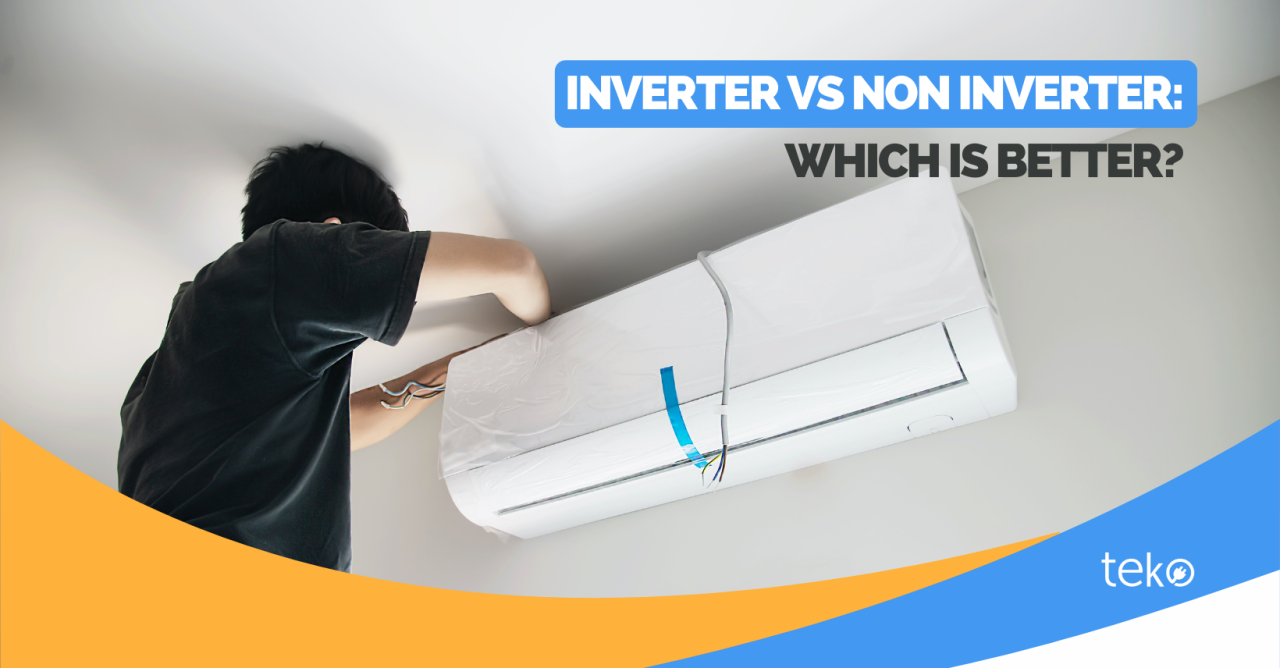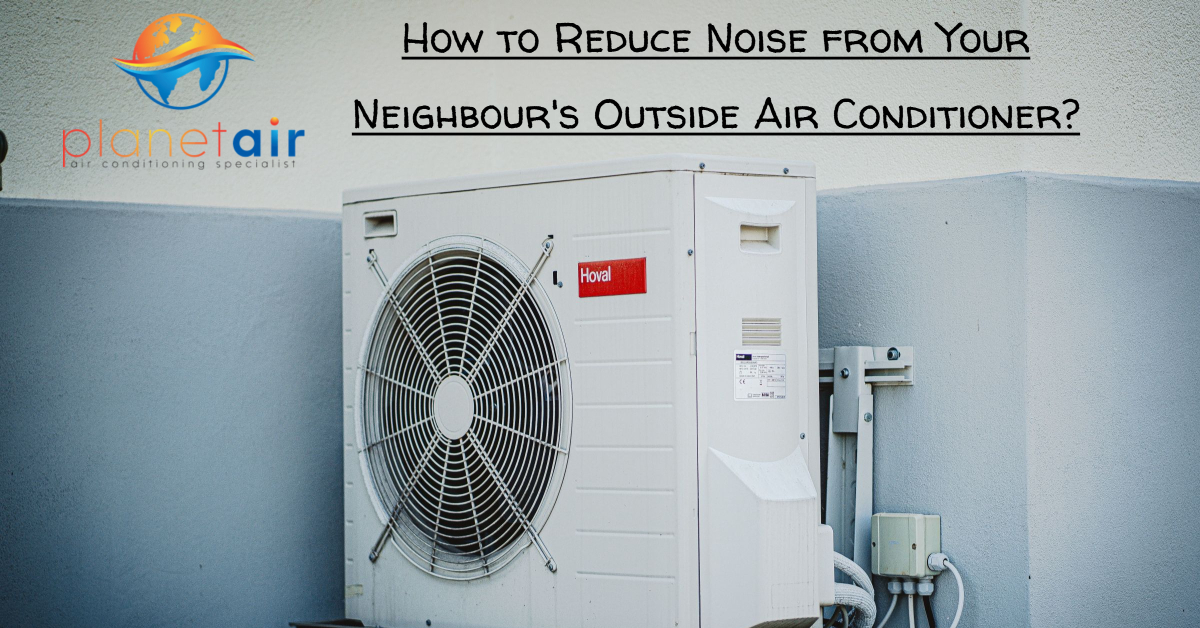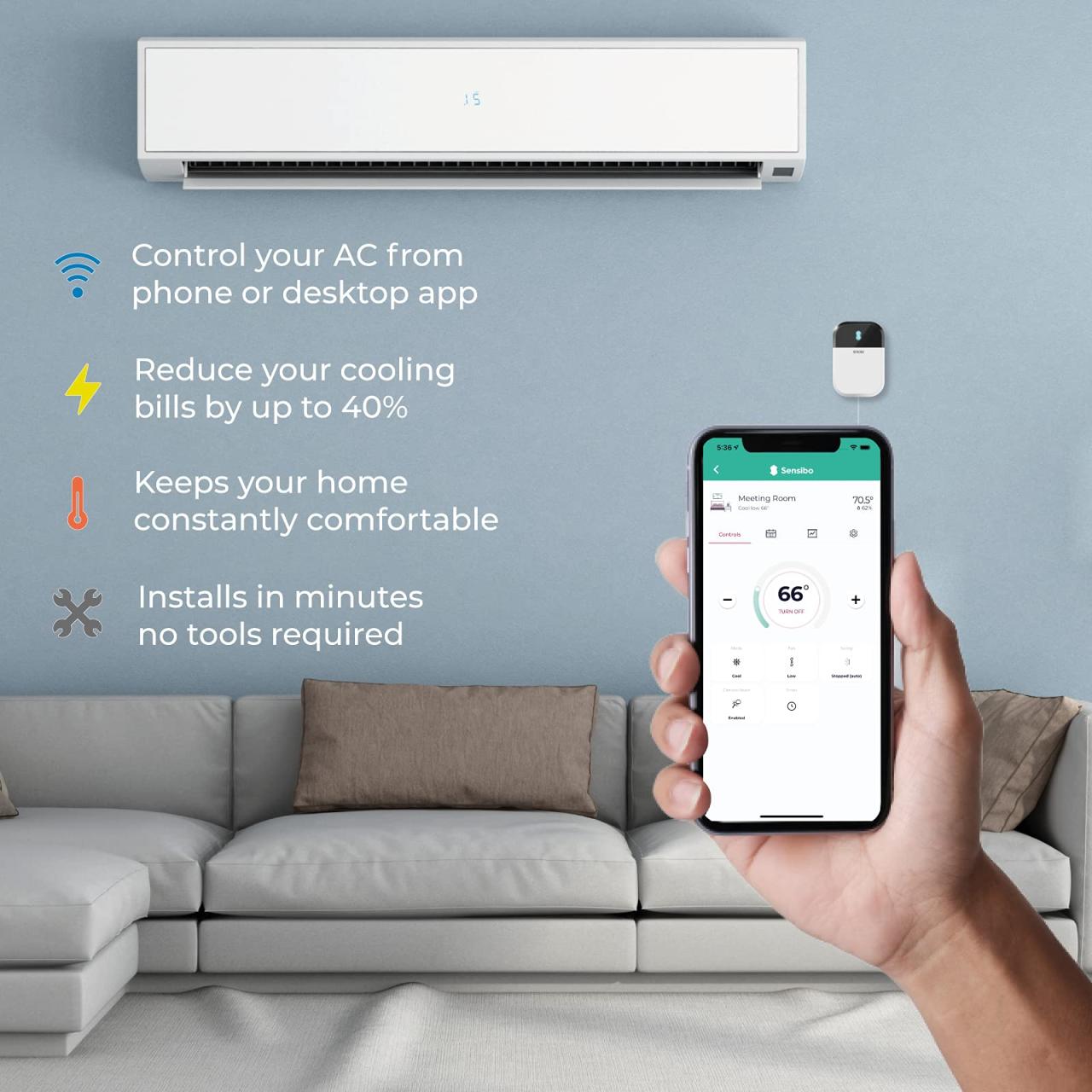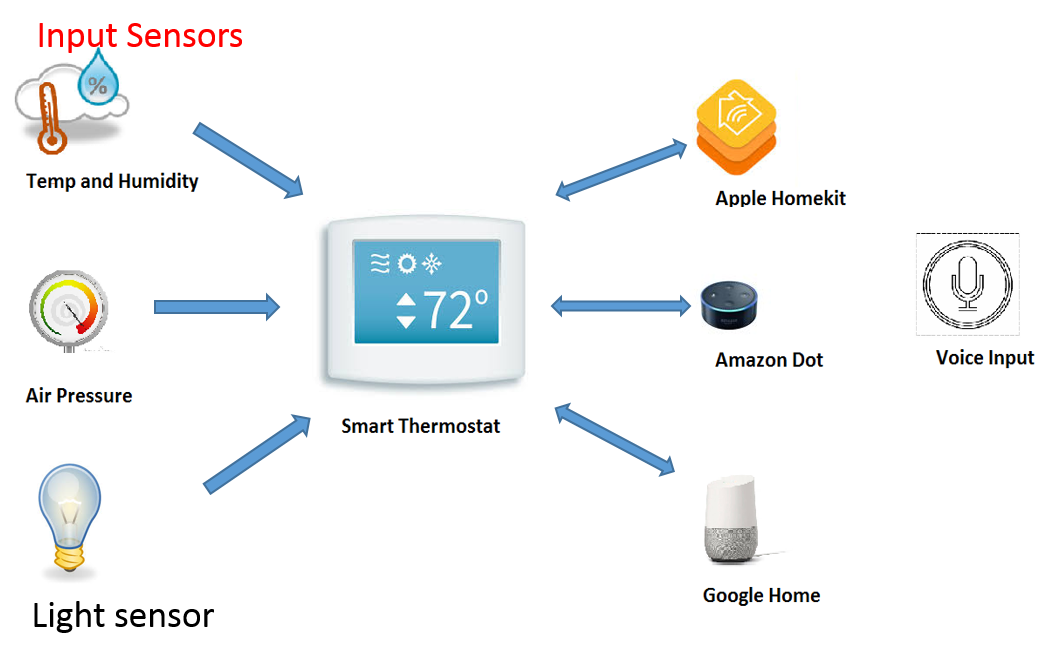How to Choose the Right AC for Your Home Size: A Comprehensive Guide
Exploring the nuances of selecting the perfect AC for your home size, this introduction sets the stage for an insightful journey into the world of air conditioning. It delves into crucial factors and considerations that can make all the difference in keeping your space cool and comfortable.
As we navigate through the various types of air conditioners, cooling capacities, and energy efficiency aspects, you'll gain a deeper understanding of how to make an informed decision that suits your specific needs.
Factors to Consider
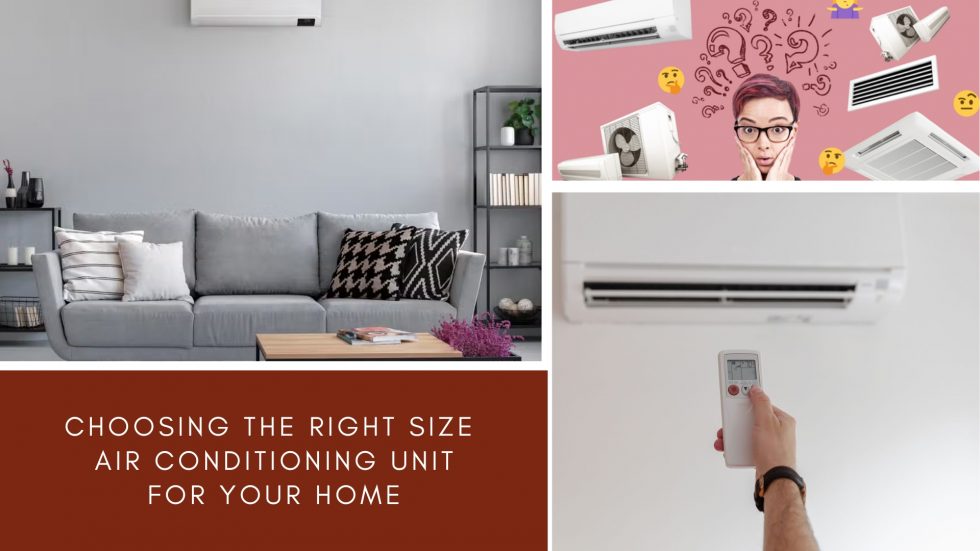
When choosing the right AC for your home, several factors need to be taken into consideration to ensure optimal cooling efficiency and energy savings.
Room Size, Ceiling Height, and Insulation
- Room Size: The size of the room directly impacts the cooling capacity needed for the AC to effectively cool the space. Larger rooms require AC units with higher BTU ratings to maintain a comfortable temperature.
- Ceiling Height: Rooms with high ceilings may require additional cooling power as hot air rises and can affect the overall temperature distribution in the room.
- Insulation: Well-insulated rooms can retain cool air better, reducing the workload on the AC unit. Proper insulation helps in maintaining a consistent and comfortable indoor temperature.
Climate Impact
In regions with extreme temperatures, the climate can significantly impact the size of the AC needed. Hot and humid climates may require larger AC units to cope with the high cooling demand, while milder climates may be adequately served by smaller units.
Number of Windows and Doors
- Windows: Rooms with more windows allow for more heat to enter from the outside, increasing the cooling load on the AC. Consider the size, orientation, and number of windows when selecting the appropriate AC size.
- Doors: The number of doors in a room can impact the airflow and circulation, affecting the overall cooling efficiency of the AC unit. Rooms with multiple doors may require additional considerations for optimal cooling.
Types of Air Conditioners
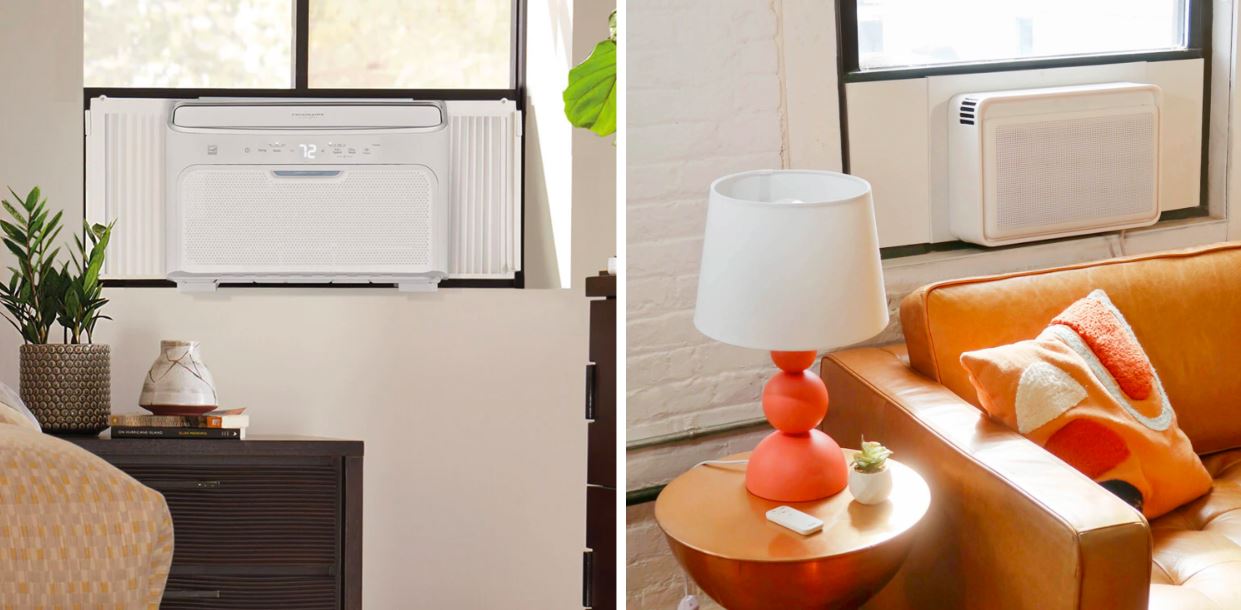
When choosing the right AC for your home size, it's essential to consider the different types of air conditioners available on the market. Each type has its own set of pros and cons that can impact its suitability for different home sizes.
Window AC Units
- Pros:
- Cost-effective option for small spaces.
- Easy to install and maintain.
- Cons:
- Not suitable for cooling large areas.
- Can obstruct natural light if placed in windows.
Portable AC Units
- Pros:
- Can be moved from room to room.
- No installation required.
- Cons:
- Less efficient than other types of AC units.
- May be noisy during operation.
Split-System ACs
- Pros:
- Energy-efficient and quiet operation.
- Can cool multiple rooms at once.
- Cons:
- Higher upfront cost compared to window or portable units.
- Requires professional installation.
Central AC Systems
- Pros:
- Efficient cooling for large homes.
- Distributes air evenly throughout the house.
- Cons:
- Expensive to install and maintain.
- May not be necessary for small homes or apartments.
It's important to consider the size of your home and your cooling needs when choosing the right type of air conditioner.
Cooling Capacity
Choosing the right cooling capacity for your air conditioner is crucial to ensure optimal performance and efficiency in cooling your home.
Calculating Required Cooling Capacity
One common method to calculate the required cooling capacity for your home is by using the following formula:
Cooling Capacity (in BTUs) = (Room Length x Room Width x Room Height) x 25
This formula takes into account the dimensions of the room to determine the appropriate cooling capacity needed.
Consequences of Incorrect Cooling Capacity
Opting for an AC with insufficient cooling capacity can result in the unit running constantly without adequately cooling the space, leading to increased energy consumption and wear and tear on the system. On the other hand, choosing an AC with excessive cooling capacity for your home can lead to quick temperature drops, frequent on/off cycles, and reduced efficiency.
Energy Efficiency
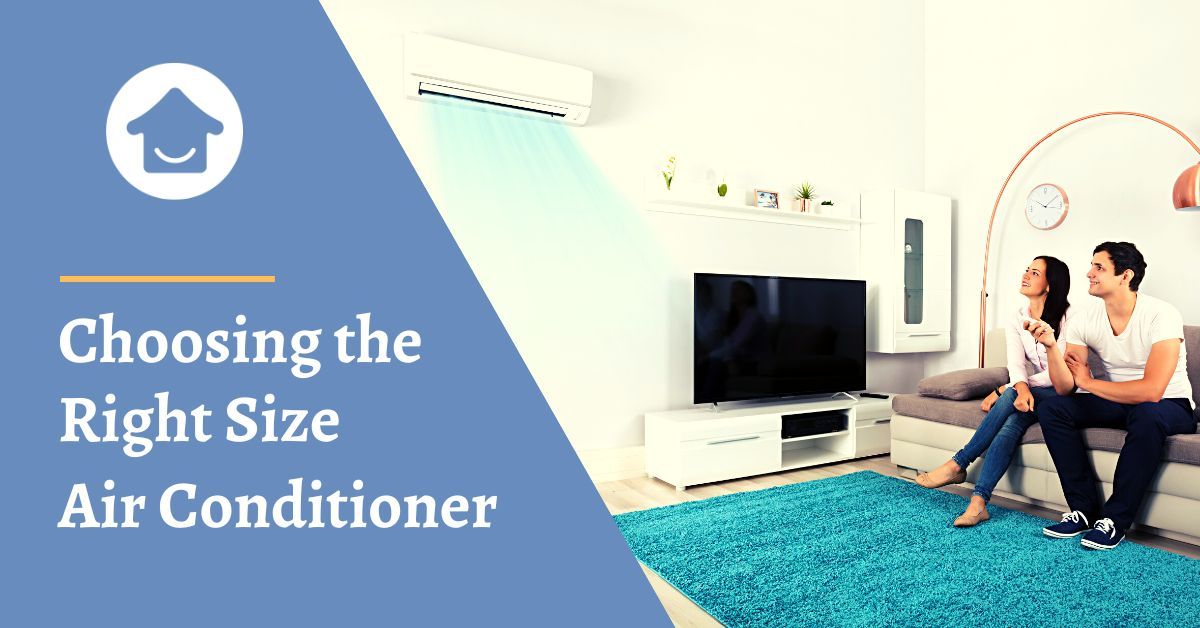
When choosing an air conditioner for your home, energy efficiency is a crucial factor to consider. Not only does an energy-efficient AC unit help reduce your carbon footprint, but it also leads to long-term cost savings on your energy bills.
Energy Star Rating
The Energy Star rating is a reliable indicator of an air conditioner's energy efficiency. AC units with the Energy Star label meet strict energy efficiency guidelines set by the Environmental Protection Agency (EPA). By choosing an Energy Star-rated model, you can ensure that your AC operates efficiently, saving you money in the long run.
Selecting the Right SEER Rating
SEER (Seasonal Energy Efficiency Ratio) rating is another important factor to consider when choosing an energy-efficient air conditioner. The higher the SEER rating, the more efficient the AC unit is. However, it's essential to select a SEER rating that aligns with your budget and usage patterns.
- For moderate use: A SEER rating of 14-16 is a good balance between energy efficiency and affordability.
- For frequent use: Consider AC units with a SEER rating of 18 or higher to maximize energy savings over time.
- Consult with a professional: If you're unsure about the right SEER rating for your home, it's best to consult with a HVAC professional who can provide personalized recommendations.
Outcome Summary
In conclusion, choosing the right AC for your home size is not just about staying cool—it's about optimizing comfort, energy efficiency, and cost-effectiveness. By considering the factors discussed and understanding the different types of AC units available, you're well-equipped to make a smart choice that enhances your living environment.
Popular Questions
What is the significance of considering room size when choosing an AC?
Room size directly impacts the cooling capacity needed for efficient air conditioning. A smaller room may require a different AC size compared to a larger space.
How does the SEER rating affect my decision when choosing an AC?
The SEER rating indicates the energy efficiency of an AC unit. A higher SEER rating means greater energy efficiency, leading to potential long-term cost savings on energy bills.
Can the number of windows and doors in a room affect AC sizing?
Yes, windows and doors impact the insulation of a room. More windows and doors can result in heat gain or loss, affecting the AC's effectiveness and the required cooling capacity.
